This article was medically reviewed by Erik Kramer, DO, MPH. Dr. Erik Kramer is a Board-Certified Primary Care Physician at the University of Colorado. With over 15 years of experience, his clinical interests include obesity and weight management, diabetes care, and preventive care, as well as embracing a holistic approach to primary care. He received his Doctorate in Osteopathic Medicine (D.O.) from the Touro University Nevada College of Osteopathic Medicine and completed his residency at Central Maine Medical Center. Dr. Kramer is a Diplomate of the American Board of Obesity Medicine.
There are 9 references cited in this article, which can be found at the bottom of the page.
This article has been viewed 58,781 times.
Bile production is an important bodily function that people don’t often think about in their day-to-day lives. However, if you’re experiencing symptoms like fatigue, weight loss, or jaundice, you may need to increase the amount of bile in your body. Fortunately, there are lots of different foods you can eat and lifestyle changes you can make that will help your body to produce more bile.
Steps
Eating Foods to Increase Bile
-
1Add healthy fatty foods to your diet. The best-known means of naturally increasing your body’s bile production is to eat more foods with lots of healthy fats. Some of the best fatty foods to eat include avocados, fatty fish like salmon, and various nuts.[1]
- Some good nuts to eat for better bile production may include cashews and almonds in particular.
- You might be able to increase your bile production by eating fats in general. However, it’s better for your overall health to stick to healthy fats.
-
2Consume polyunsaturated fats to lower your cholesterol as well. Polyunsaturated fats do a markedly better job of lowering the amount of cholesterol in your body than saturated fats do. Since they also help to increase your body’s bile production, this makes polyunsaturated fats a particularly good part of your optimal diet. Aim to have 2–3 tablespoons (30–44 ml) of polyunsaturated fats at most per day. Some foods that contain polyunsaturated fats include:[2]
- Walnuts
- Sunflower seeds
- Flax seeds or flax oil
- Olive oil
- Canola oil
- Corn oil
- Soybean oil
Tip: There are lots of different fish species that also contain a lot of polyunsaturated fats. Some of the best varieties include salmon, mackerel, herring, albacore tuna, and trout.
Advertisement -
3Drink semi-skimmed milk to help empty your gallbladder. Studies have shown that drinking a 250 mL (8.5 fl oz) of semi-skimmed milk can empty your gallbladder by nearly half. Since the gallbladder stores the bile produced by your liver, this is a good way to quickly increase the amount of bile released in your body.[3]
- Note that this won’t necessarily increase the amount of bile produced by your liver. This method is a particularly good solution for people whose bile problems stem from their gallbladder.
- Study participants who drank semi-skimmed milk saw the volume of their gallbladders change after about 40 minutes.
-
4Try celery, radishes, and artichokes to increase bile healthily. Some people report that eating these foods naturally increases the amount of bile in your body. Although this hasn’t been proven scientifically, these are all very healthy foods, so it’s worthwhile to include them in your diet regardless![4]
- These foods are said to stimulate your liver’s bile production, so this may be a good option for you if you have bile deficiency from liver problems.
-
5Eat garlic and onions for a tasty way to increase bile. Some studies suggest that adding garlic or onions to your meals may be a good way to increase the amount of bile in your body. These foods also prevent the nucleation of cholesterol in your gallbladder, meaning they help to prevent the formation of gallstones.[5]
Making Lifestyle Changes
-
1See a doctor to get an accurate diagnosis of your condition. In order to embark on the right treatment regimen, it’s important to know exactly what’s causing your bile deficiency. For best results, visit a gastroenterologist who specializes in the digestive tract and who will have the most experience dealing with bile and the gallbladder.[6]
- Your doctor will likely perform a visual examination of your reported symptoms and may have a blood test done to check for certain liver and gallbladder diseases.
-
2Be sure to stay hydrated throughout the day. Since bile is composed primarily of water, your bile production tends to suffer when you’re dehydrated. Aim to drink around 64 fluid ounces (1,900 mL) of water a day, but note that you should drink more water if you exercise a lot or you’re pregnant. Drink water whenever you feel thirsty or hungry and have a glass with every meal.[7]
- If you often have trouble staying hydrated, consider investing in a portable water bottle that’ll make it easier to drink water throughout the day.
- Try to drink water as soon as you wake up. This is a good way to increase your hydration in the morning and to set yourself up for a healthy day overall.
Tip: If you’re not a big fan of the taste of plain water, try adding a little bit of lemon juice to your water to zest it up.
-
3Avoid eating too many sugars or processed foods. Having a diet high in sugar and processed foods is closely linked with gallbladder disease, which can affect your body’s bile production. Since sugars and processed foods are also linked with several other health problems, it’s probably best to avoid them as much as you can![8]
- Try munching on sweet fruits like grapes, apples, and strawberries if you have a craving for sugary foods.
- If you think your bile problems are the result of eating too much sugary or processed foods, talk to your doctor to get an official diagnosis. It’s important to make sure you don’t have a more serious illness like gallbladder disease.
-
4Consider taking bile salt supplements. Bile salts may help to regulate your body’s bile production if you have gallbladder problems, as well as lower your cholesterol. However, you should only take this course of action if recommended by your doctor.[9]
- You can buy bile salt supplements at most pharmacies and vitamin stores.
References
- ↑ http://cancerres.aacrjournals.org/content/canres/41/9_Part_2/3766.full.pdf
- ↑ https://www.ncbi.nlm.nih.gov/pubmed/99632
- ↑ https://www.ncbi.nlm.nih.gov/pmc/articles/PMC3898429/
- ↑ https://www.sciencedirect.com/science/article/pii/S0944711311800279
- ↑ https://www.ncbi.nlm.nih.gov/pubmed/20079366
- ↑ https://www.hopkinsmedicine.org/gastroenterology_hepatology/diseases_conditions/pancreatic_biliary_tract/index.html
- ↑ https://www.joyfulbelly.com/Ayurveda/article/Diet-and-Herbs-for-Healthy-Bile-Production/3195
- ↑ https://www.ncbi.nlm.nih.gov/pmc/articles/PMC4438647/
- ↑ https://www.health.harvard.edu/diseases-and-conditions/do-i-need-to-take-bile-salts-after-gallbladder-surgery
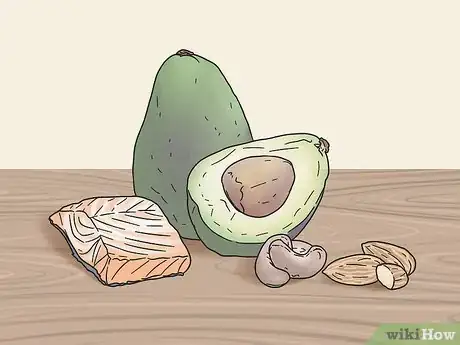
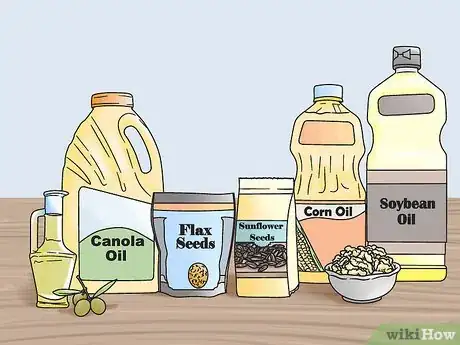

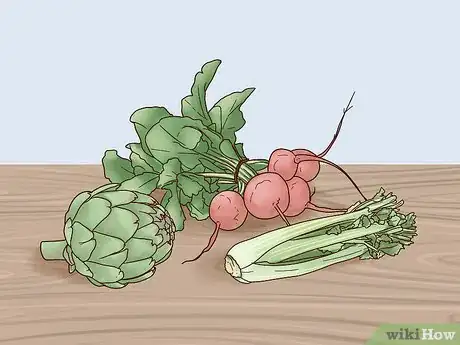
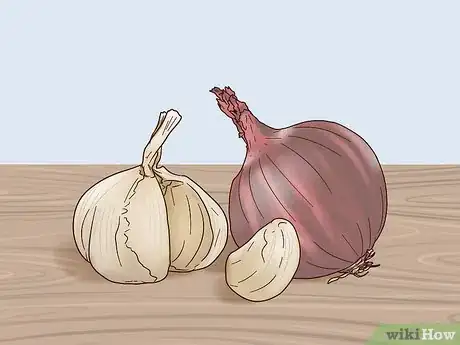
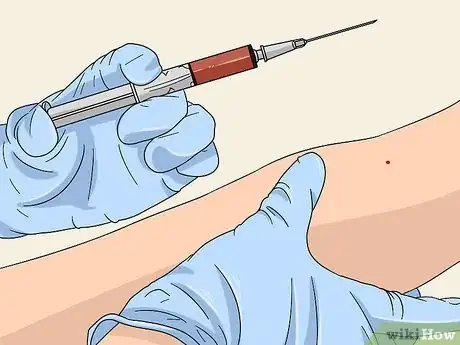

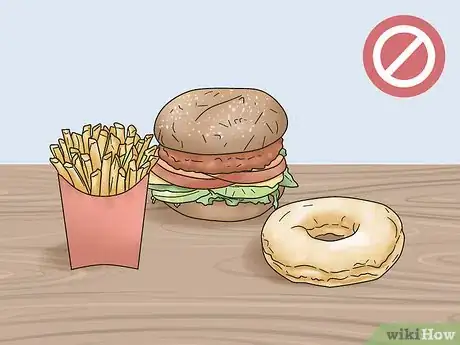
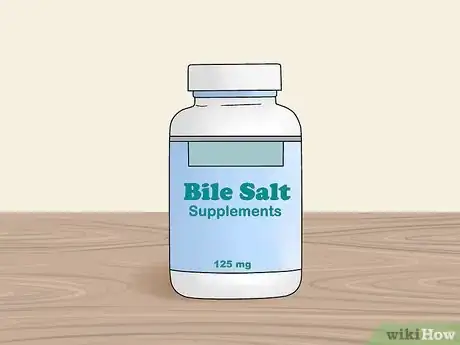
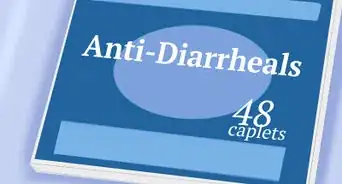
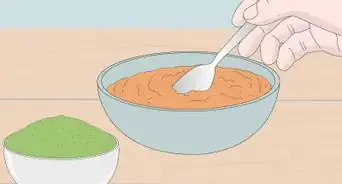
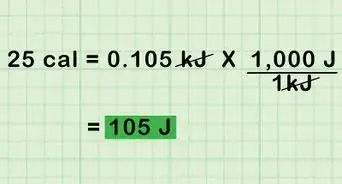
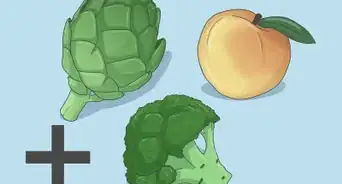
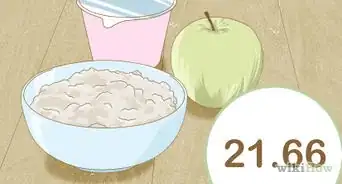

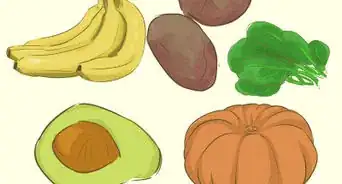
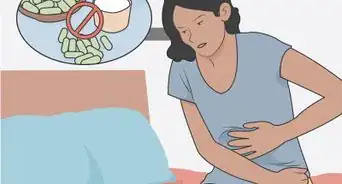




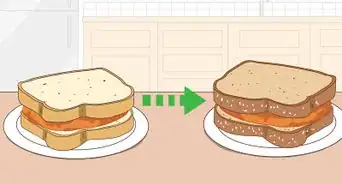








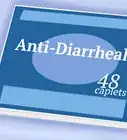
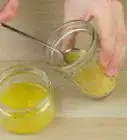
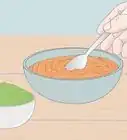
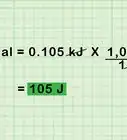



































Medical Disclaimer
The content of this article is not intended to be a substitute for professional medical advice, examination, diagnosis, or treatment. You should always contact your doctor or other qualified healthcare professional before starting, changing, or stopping any kind of health treatment.
Read More...